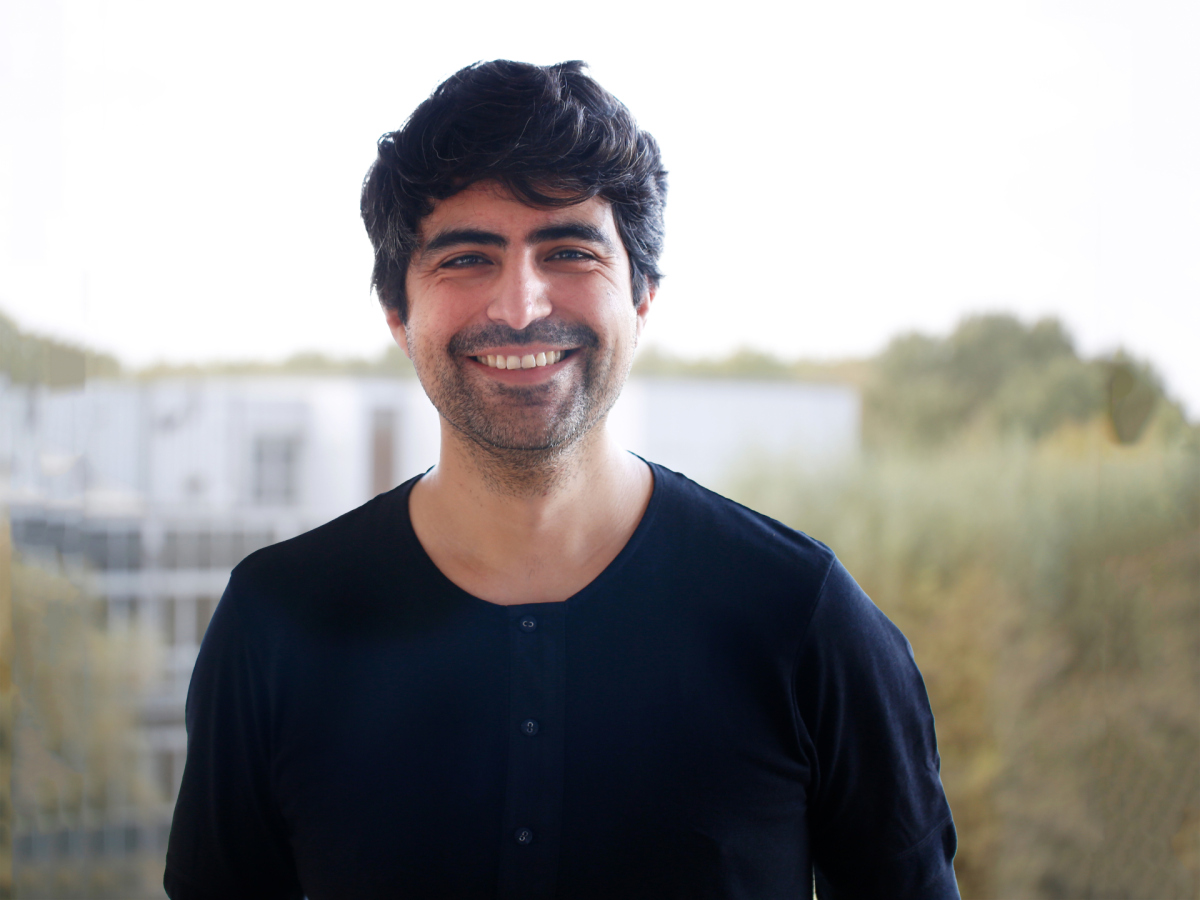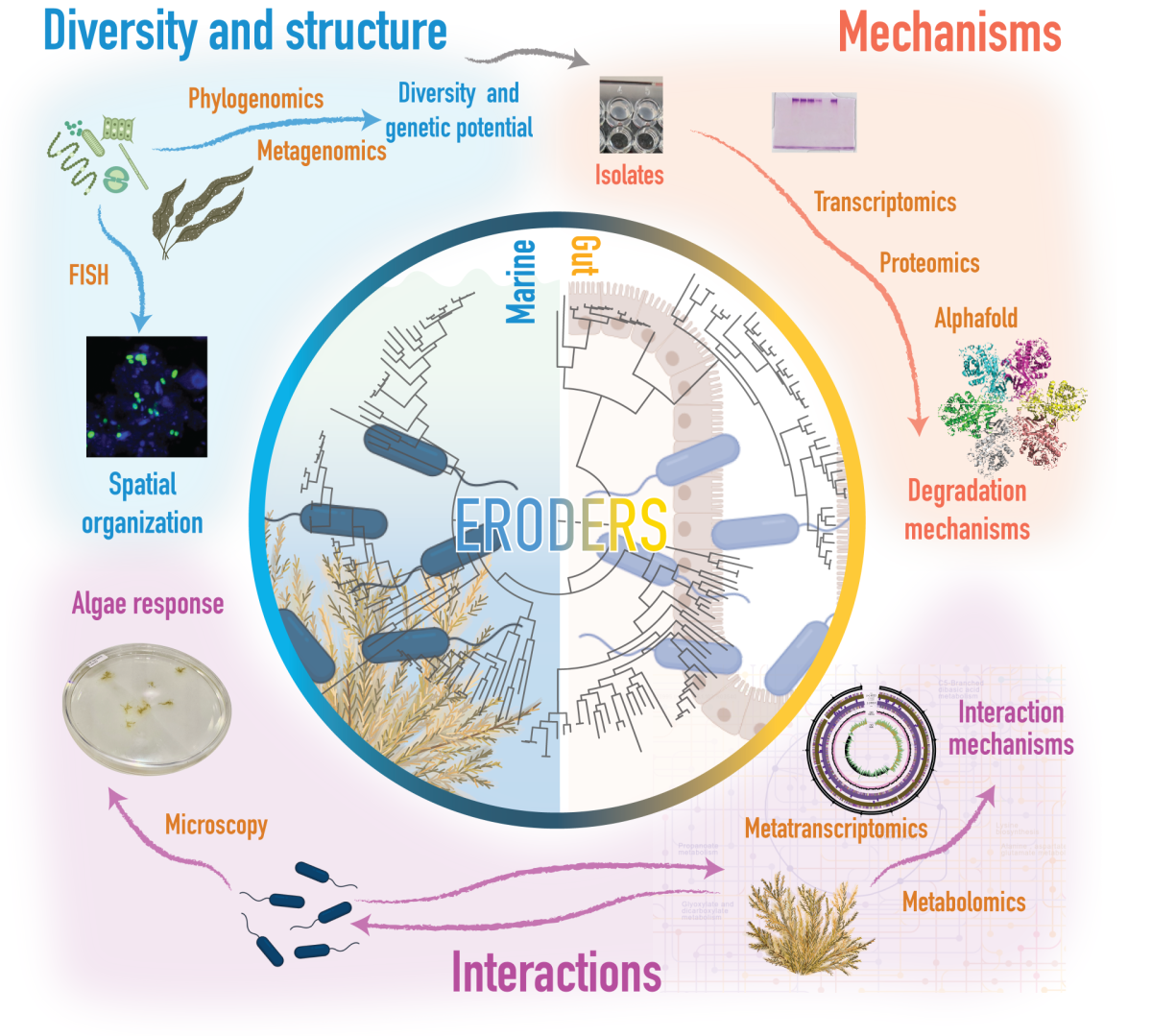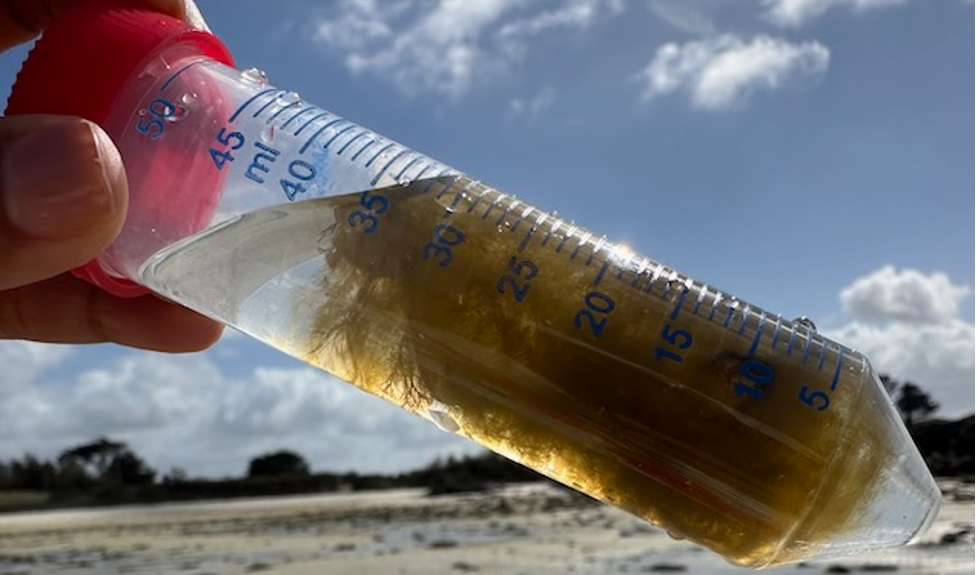- Press Office
- Press releases
- We welcome the Ecological Genomics Group
We welcome the Ecological Genomics Group
Led by Luis H. Orellana (Coto), the research group focuses on uncovering the roles, evolutionary dynamics, and interactions of marine microbes. “By integrating genomic, imaging, and physiological approaches, we aim to bridge the gap between unknown microbial diversity and microbial function in marine ecosystems”, says Coto.
The Ecological Genomics Group will use the power of multi-omic and molecular biology techniques to disentangle the genetic potential of natural microbial communities and link it to the mechanisms driving key biogeochemical cycles. The research will focus on two primary objectives:
- Further developing genomic and metagenomic approaches to generate testable hypotheses from omics data, and
- iteratively applying multi-omics and imaging approaches to examine the evolution and interactions of often-overlooked marine bacteria.
Ecological and Evolutionary Role of Specialized Bacteria in Algae Health and Carbon Sequestration – ERODERS
The Ecological Genomics Group was established with generous support from the European Research Council (ERC) Starting Grant “ERODERS” and the Max Planck Institute for Marine Microbiology. The ERODERS project investigates the mechanisms behind the interactions between specialized bacteria and their algal hosts.
In particular, the project will focus on previously unaccounted-for bacteria capable of degrading recalcitrant organic carbon—complex compounds primarily derived from algal structures and exudates. Coto hypothesizes that these specialized bacteria, integral members of the algal microbiome, feed on complex glycans and have co-evolved with the algae. Their activity may play a crucial role in maintaining host health and modifying polysaccharide structures that contribute to long-term carbon sequestration in the ocean.
More about the new group leader
Luis H. Orellana earned his Master’s degree from the University of Chile and completed his PhD at the Georgia Institute of Technology, USA, in 2017. His collaboration with the Max Planck Institute for Marine Microbiology in Bremen, Germany, began in 2020, when he became a project leader within the institute’s Molecular Ecology Department.
Please direct your queries to:
Group Leader
ERC Research Group for Ecological Genomics
Dr. Luis Humberto Orellana Retamal
MPI for Marine Microbiology
Celsiusstr. 1
D-28359 Bremen
Germany
|
Room: |
2226 |
|
Phone: |


